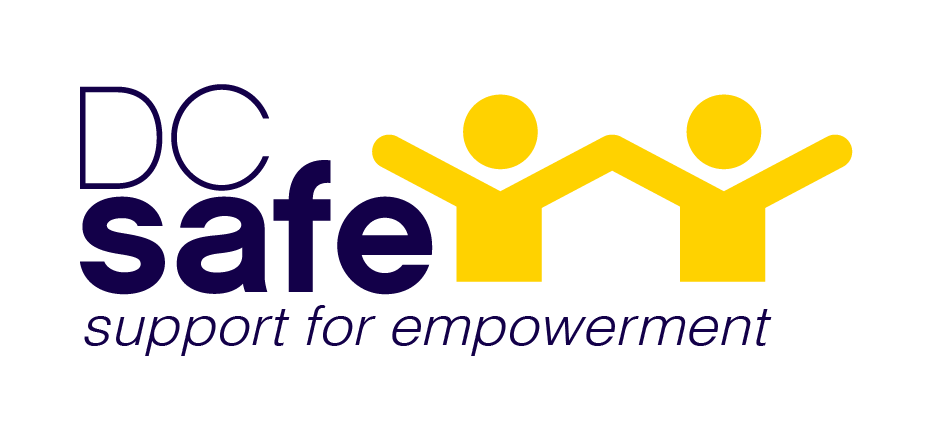Recognizing Suicide Prevention Awareness Month
This September we are recognizing Suicide Prevention Awareness Month. As many of you already know, COVID-19 has exacerbated public health issues across the board. Hotlines across the country are still overflowing with calls. When the pandemic started, this wasn’t always the case. Some hotlines saw incoming call numbers dramatically sink. Although this wasn’t true for our Response Line, we did experience an initial decline in high risk cases. The world was in a state of confusion. Survivors of all kinds weren’t sure if hotlines were open or if it was safe to call. Opportunities to seek help perhaps seemed diminished. The pandemic and isolation have caused enormous amounts of stress. A sense of ‘lost control’ can unfortunately, turn a bad situation worse. As time progressed and isolation orders started to lift across the states, hotline calls skyrocketed. However, this time the incidents were more destructive and violent in nature.
We are referring to both domestic violence hotlines, like our Crisis Response Line, and suicide prevention hotlines. It is vital that we are all aware of intersections that exist in the public health sector. Although DV and suicide prevention are both high profile issues, they are rarely discussed together. According to the Partnership Against Domestic Violence, research indicates that exposure to violence is directly related to an elevated risk for suicidal behavior in women and children. In one study, children and young adults who were exposed to intimate partner violence (IPV) were twice as likely to attempt suicide as opposed to their peers.
Another study suggests that one-third of all women pursuing protection orders have suffered suicidal thoughts or behaviors. The two can also be indirectly linked, exposure to IPV can cause changes to psychological functioning that may then precede suicidal behavior. According to the Ohio Suicide Prevention Foundation, survivors of any type of IPV and domestic violence are at a 3x-4x higher risk of suicide, and even higher for Black women and individuals who are transgender, bisexual, undocumented, and/or on public assistance. Research that examines the correlation between domestic violence and suicidal behavior is still evolving and ongoing; however, research has demonstrated that the connection is significant and worth further exploration.
It is imperative that we all understand the interconnectedness of these two issue. This webinar further discusses the urgent need for domestic violence and suicide prevention hotline advocates to be prepared to answer questions and handle calls that involve the other. Advocates must be equipped with information to all proper resources. Breaking down these barriers is essential to serving all survivors.
In these times of COVID-19, it is especially critical that we all work together as a community. We must look at public health issues like domestic violence and suicide through a bird’s-eye view. We must try to understand the ways they intersect. Of course, this also includes the ways that our identities overlap to create systems of discrimination that privilege some of us more than others in accessing help, establishing safety, and creating personal freedom. At DC SAFE, we are committed to furthering our knowledge and improving in our ability to identify and support survivors navigating co-occuring mental health issues, including suicidal ideation.

